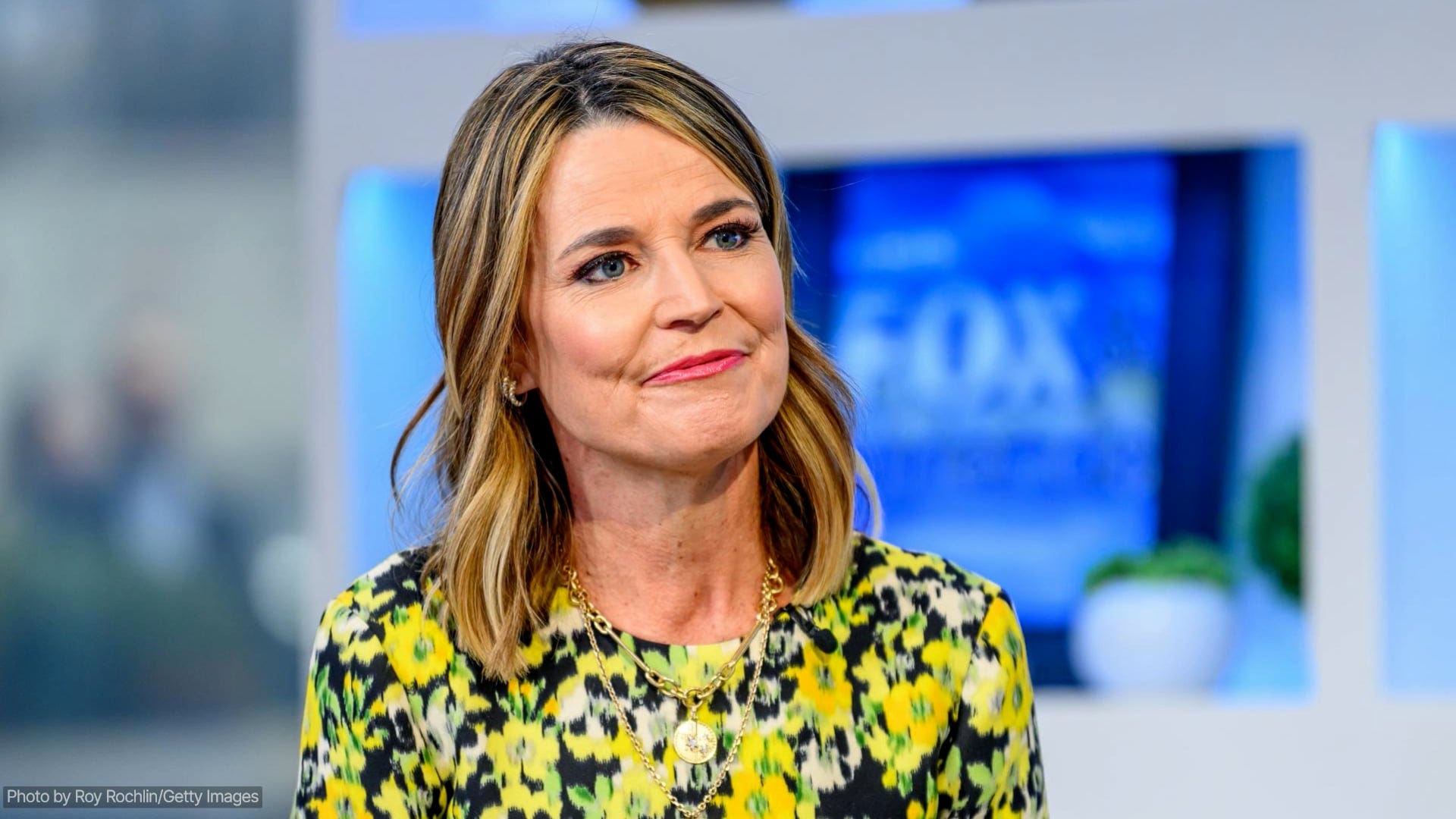Savannah Guthrie opened up about her divorce. She shouldn't be ashamed.

When it comes to talking about divorce, it's OK to be candid.
"Today" host Savannah Guthrie, 53, modeled what being vulnerable about divorce sounds like during a recent podcast conversation, opening up on her "horrible and sad" split from former husband Mark Orchard. Speaking on Monica Lewinsky's "Reclaiming" podcast in an episode released on July 1, Guthrie said the end of the marriage "broke my heart."
"It took me years to recover," said Guthrie, who was married to Orchard from 2005 to 2009.
Divorce is common. Research shows that 41% of first marriages end in divorce and 60% of second marriages and 73% of third marriages end the same way.
While the experience is so ubiquitous, Guthrie's sincere comments raise the question of why don't we talk about divorce more honestly?
"People often don't talk about it in an honest way," said Deborah Carr, professor of sociology at Boston University and director of the Center of Innovation in Social Science. "It's rare you see someone honestly say they were devastated and they felt like a failure ... the real emotional dimensions of divorce aren't addressed."
A big reason is the shame and stigma people face when opening up about a relationship ending. Typically, their peers want to know who's to "blame" for dissolving a union, rather than how the individual is doing, said Eman Tadros, a marriage and family therapist and professor at Syracuse University. We want the story. But it's not as simple as one partner being right or wrong, she said, so we need to work on ways to reframe divorce as a complex transition with many sides.
"People were probably stunned she did not want to talk about this sooner," Tadros said. "It's OK for people to have different lengths of time to process things."
'Uncoupling' versus 'breaking up'
Language is power when overcoming stigma about divorce.
One thing people can do is lead with "I" statements to take accountability for their feelings, Tadros advised. This is easy to imagine, but hard in practice, she said.
"Say 'I' in the beginning of a sentence, instead of 'you hurt me,'" Tadros explained. "Then you are speaking about your experiences and not attributing or shifting blame to your partner."
Another step forward is to replace connotative terms like "break up" with neutral ones such as "uncoupling" to avoid pointing fingers or assuming the divorce is a loss, rather than a progressive moment for each person, she said. And this applies to friends and family of the couple, too. Gwyneth Paltrow and ex Chris Martin raised eyebrows for using this language, but they had a point.
"Saying, 'they broke up' (implies) 'Oh, what happened?'" she said. Peers should ask open-ended questions, Tadros advised. Instead of asking a friend "Who did what?" trying leading with "How are you both navigating this?" to provide a blame-free zone for them to express. These small changes can revolutionize divorce discourse from trading barbs to supporting individuals, Tadros said. The result? People who leave relationships feel less isolated and more empowered to start their next chapter.
"People cannot support us unless they know what we're going through," said Carr. But it's important not to offer unsolicited advice to a divorcing friend, she added. Let them ask for what they need on their own time.
"There are many reasons people divorce, and some will be more painful than others," said Carr, and people may need professional help to work through trauma.
But there's hope in the aftermath. Guthrie herself went on to marry Michael Feldman in 2014. But it is completely normal for anyone to take some time as Guthrie did to recover and make sense of what the marriage meant.
"Often times there's guilt to deal with, and that feeling of failure," Carr said. "When (marriage) goes away, they have to rethink every aspect of their future ... That loss of innocence can be really emotionally powerful."